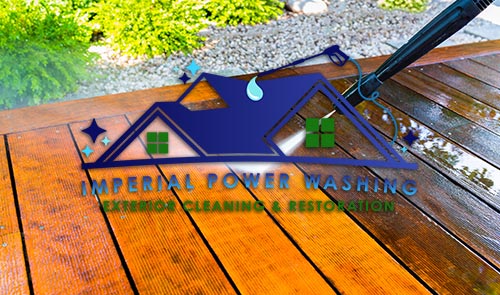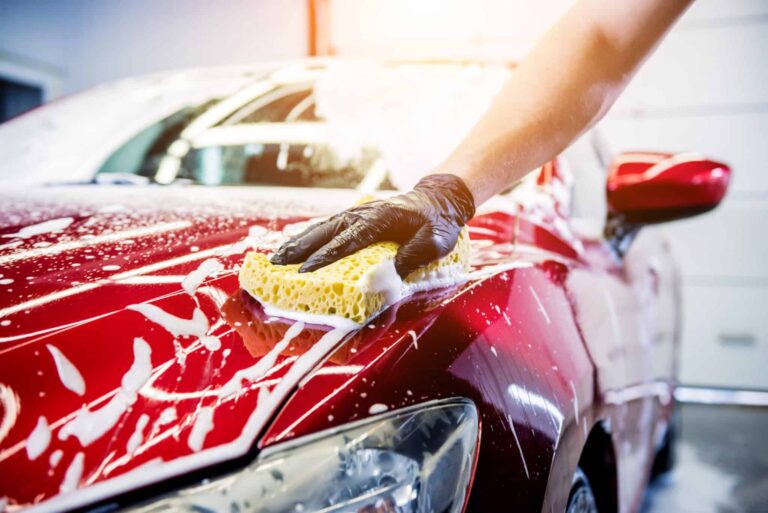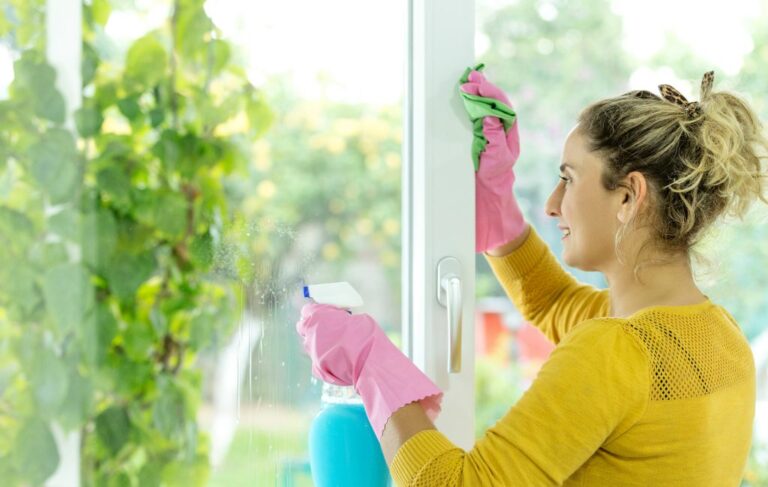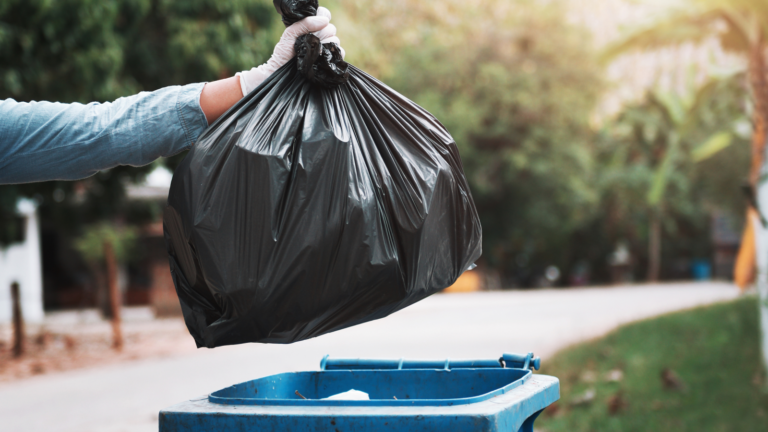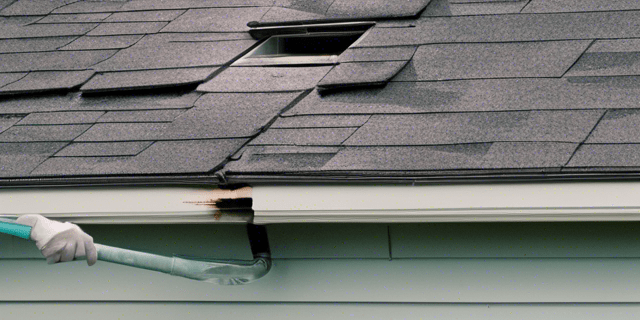If you’re on the fence about which type of wash to use, or you’ve contemplated doing your driveway instead of wasting time waiting for a professional to do it, this is the article for you. We here at Imperial Power Washing will outline the pros and cons of each method so that you can have an easier time choosing which way is better for you.
What is Soft Wash?
Soft wash is a new, non-invasive method for cleaning a building’s exterior that does not require the use of chemicals or water. It is an excellent alternative for those concerned about the health and safety of their workers and the environment.
The soft wash uses pressurized air to blow dirt away from the surface of a building, creating a clean surface that requires no scrubbing or chemical detergents. This process can be performed by hand or with specialized equipment attached to an air compressor.
Pros and Cons of Soft Wash
Here are the pros and cons of using soft washing:
Pros
- Helps in restoration projects where historical details need to be preserved
- It can help clean exteriors that cannot be chemically cleaned due to environmental concerns.
- Sot wash can enable you to clean outdoor structures like signs, fences, and garages that cannot be exposed to water or chemicals.
Cons
- Damage to sensitive materials
- Not an appropriate washing technique for all surfaces
- Less effective in removing some stains
What is a Pressure Wash?
Pressure washing is a process that uses high-pressure water to remove dirt, mold, mildew, and other contaminants from surfaces. The pressure washer uses an electric motor or gas engine to turn a high-pressure rotating nozzle. The nozzle sprays a strong stream of water at the surface being cleaned.
Pressure washers are handy for removing dirt accumulating on decks, walkways, and other exterior surfaces.
Pros and Cons of Pressure Wash
Here are the pros and cons of using pressure wash:
Pros
- It lowers maintenance cost
- Pressure wash provides a deeper cleaning
- Pressure washing saves you time and money
- Decreases chances of mold growth
Cons
- Causes Deterioration of Surfaces
- Can Damage Paint
- Can Ruin Concrete Surfaces
- Pressure washing can damage your siding.
- It has a negative environmental impact.
- A pressure washer’s water stream can cause life-threatening injuries.
Main Differences between Soft Wash and Pressure Wash
Here is a list of the main differences between soft wash and pressure wash:
- Soft Wash Uses Less Water than Pressure Washing Does
The pressure of the water stream in Pressure Washing is much higher than in soft wash. The force of soft wash may range from 500 psi (pounds per square inch) to 2000 psi. However, the pressure in pressure washers ranges from 2500 psi to 4000 psi or higher depending on the model used.
- Soft Wash Uses Fewer Chemicals than Pressure Washing Does
This is because there is no need for solid chemicals when using soft wash. The chemical content in pressure washers varies according to different manufacturers. Generally speaking, it contains detergents that are safe for humans but not so much for nature as they could harm plants if spilled on them.
Which Method Should You Choose?
The soft wash method is best for you if you want to clean an area without damaging it. It will not damage the surface and will leave it looking great. You can even use it on your siding without worrying about damaging it.
However, there are some situations where you might want to choose pressure washing over soft washing. For example:
When You Need More Power
Pressure washing may be a better option if you need more power than a soft wash. This cleaning method uses high-pressure water jets that quickly and easily remove dirt and grime from hard surfaces.
Several factors come into play when deciding whether to use a pressure washer machine or a soft wash. The type of hardscape in use and the frequency of cleaning will be essential considerations as you make your choice. Furthermore, you may need to consider environmental factors and determine if using less water is worth it. If you need professional help, contact us today.

